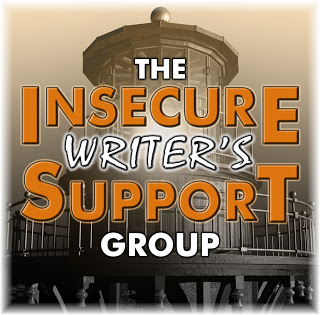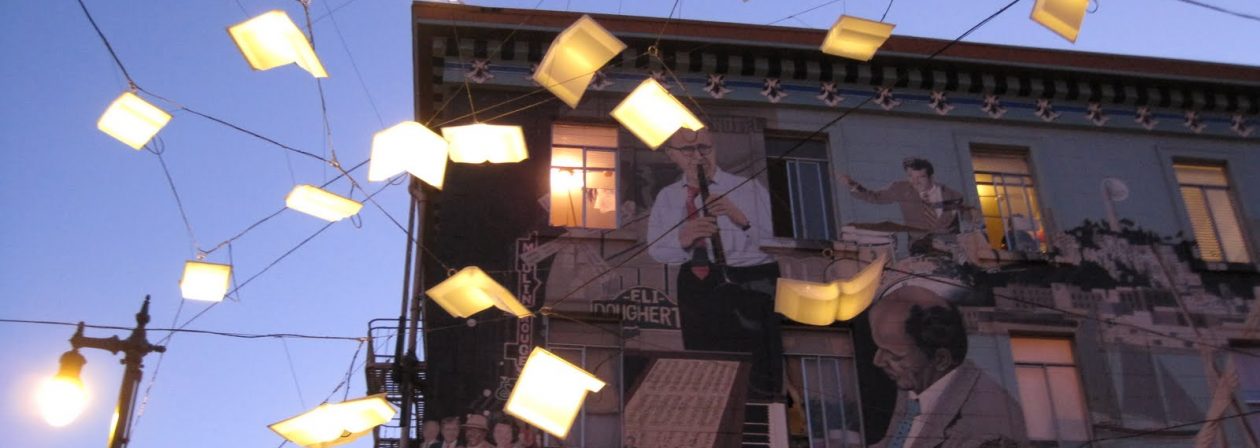
Every month, we announce a question on Alex J. Cavanaugh’s Insecure Writer’s Support Group. The question is optional. A prompt to give each other support, and ask for advice
May 5 question – Has any of your readers ever responded to your writing in a way that you didn’t expect? If so, did it surprise you?
The awesome co-hosts for the May 5 posting of the IWSG are Erika Beebe, PJ Colando, Tonja Drecker, Sadira Stone, and Cathrina Constantine!
The most unexpected response I’ve received from readers regards my horror shorts. Subconsciously I was making my protagonist’s gender ambiguous, but in my head she was clearly female. Most of my beta readers, men and women assumed my protagonist was male.
The result from their feedback was equally unexpected. I started writing in a male voice for these shorts. It felt natural for a reason still unknown. Why did this paradigm shift take place inside my head?
What’s considered male and female? What does it mean to be feminine? Masculine? These mean different things to different people. Right?
I devised a test. I used masculine terms for women and feminine terms for men in day to day interactions, then gaged their responses.
“Marty, stop being such a diva.”
“Cheryl, you’re being a dick.”
Who’s self aware enough to have a sense of humor? Who has a deep seated misogynist bent? Who questions if I’m acting on some thinly veiled feminist agenda? The results were interesting.
Don’t think I’m such a prat to believe I’m the first to come up with this game. I’m not delusional. This isn’t new. My own responses were just as surprising. I’ve gained new insight to my beliefs and how they subconsciously affect my writing.
Have your readers responded to your writing in a way you didn’t expect? I always return comments unless I’m sucked into a parallel universe and/or busy dodging a Sasquatch, but that’s another story…

That’s a really interesting idea. I’ve been playing with using more gender-fluid and sexuality-spectrum characters myself, hoping to both challenge myself as a writer and normalise reading about characters with non-traditional identities.
Thanks for the post, it’s given me something to think about in regards to my own writing! 🙂
That’s awesome Emma! It’s interesting to see what people read into. Analyzing my own work from another’ perspective makes me a more open reader in general. Happy IWSG!
Wait wait… what’s the test?
There are people online who have known me for YEARS and didn’t realize I’m a guy. (And, I just found out, one who didn’t know I’m a Native American descendant of the Lenni-Lenape tribe.)
I keep trying to find out how I’m getting misgendered. If you’ve “cracked the code,” hit me up, because I want to know.
Also, does your research factor in any LGBTQ+ stuff? I’m curious about that. I wrote a short story with a main character who had the name of an ancient Egyptian God. About as manly as a name could be, I’d thought. But the character was a gay man. And every commenter thought he was a woman. Like 30 people thought he was a woman. I have no idea why.
I’m very interested in your research.
J Lenni Dorner (he/him 👨🏽 or 🧑🏽 they/them) ~ Co-host of the #AtoZchallenge, OperationAwesome6 Debut Author Interviewer, Reference& Speculative Fiction Author
Hi J Lenni. I haven’t cracked any code per se. I’m simply an observer. My “test” isn’t that mystical or scientific. I just use pronouns, specific adjectives and adverbs to throw people off, then gage their responses. The factor deals with LGBTQ issues and all things gender identity related.
They thought your male protagonist was female? Could be a nature versus nurture type deal. Like a, “Who’s your audience/tribe? What makes them jump to this conclusion?”, thing. Can you dig around and ask?
Happy IWSG Day!
I’m surprised how often people assume first person pieces are based on truth, even other writers.
That happened to me with my first mystery novels. I had to keep reminding people that, “No, my ex never cheated on me (that I know of). No, I never lived out of my car as a college student. No, I never attended the San Francisco Art Institute. That was Rebecca. She’s a fictional character.” etc.
I still believe there’s more fact in fiction. More freedom to project our true selves onto a fictional character. We can admit to stuff we could get arrested for, or truths that could potentially hurt loved ones. But I hear what you’re saying.
Now I’m wondering if my voice is identifiable as “female”. 🤔 And if it is, what does a “male” voice sound like? Is it scratching itself more and maybe zone out at romantic movies? Maybe lack consideration? Like, will it not pick up the socks from the floor and put it in the laundry bin just 2 feet away?
I can go on and on and on… 😂
Ha! It really makes you question cultural norms and analyze our ethnocentrism.
Happy IWSG Day!
That’s interesting. I wonder what makes people decide these things. But I’ve noticed myself doing the same thing with 1st POV tales, sometimes. I’ll think it’s a guy/girl and all of a sudden, it turns to be the opposite, and it throws me for a second. It’s often the way the think…but I’m not sure why.
I agree Tonja. It’s strange. Once a few of my beta readers began speaking about my POV as a man it transformed ‘she’ into a ‘he’. I cant explain it.
I write in a male voice a lot so I’ve finetuned it over the years. Plus I raised 5 sons and a husband. LOL. Years ago I sent my Vietnam ms to a NV Vet and asked him to check to see if it sounded credible. He read it, gave me some great structural advice and asked when I’d been in-country. He laughed when I said I’d never been to Vietnam. That ms is getting published this year.
5 sons and a husband. I grew up military as well. That’ll do it. It’s so cool your son looked over your ms. Congrats on your new release coming up!
Interesting how gender is so fluid in reality, when most people believe there are only two genders in nature …
Agreed. I catch myself trying to figure out if a kid is a boy or a girl before interacting. Is it because I don’t want to make them uncomfortable, or is it because it because it makes me uncomfortable – like I’ll say something “wrong”? It’s interesting.